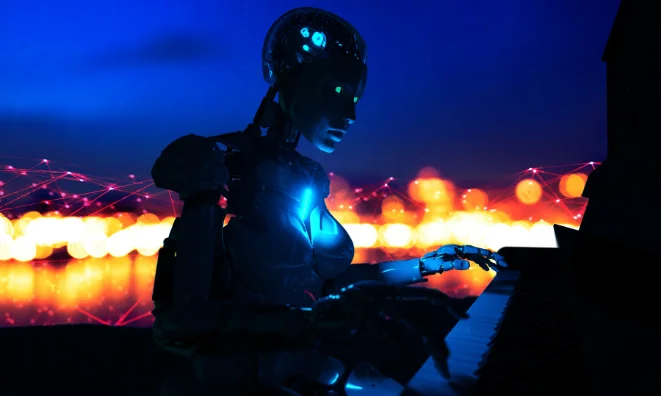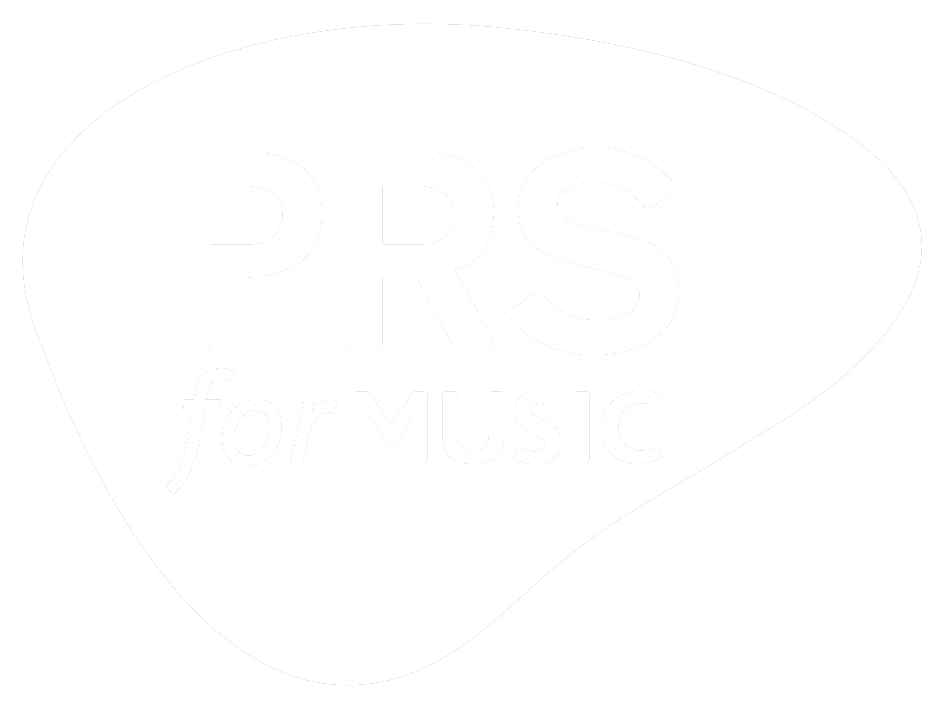AI is rapidly changing the music industry, presenting both opportunities and threats. Many songwriters are using AI as part of their creative process but AI models are being trained on copyright works without permission and generating new music that risks being indistinguishable from human-created music.
This is why it is important for you to be aware of your rights and to take steps to protect your work.
One way to do this is to send a letter of non-consent to your publisher. This letter states that you do not consent to your music being used to train AI models or to create derivative works and has been created by the Council of Music Makers of which the Ivors Academy is a founding member.
Please personalise and send this letter to your publisher today. By doing so, you can help to protect your rights and ensure that you are compensated fairly for your work.
Share on socials when you have sent the letter and include @IvorsAcademy.
Dear [name]
I am currently reading about the potential impact of artificial intelligence – and especially generative AI – on the music community and the wider creative industries.
It’s good to see that so many UK music companies and organisations are embracing the Human Artistry Campaign. I agree that “copyright protection exists to help incentivise and reward human creativity, skill, labour and judgement”, and that “creators and copyright owners must retain exclusive control over determining how their content is used” to ensure “that human creators are paid for their work”.
It is important we acknowledge the potential positive impact of AI on the music business, while also stressing that AI companies and their business partners must respect copyright, and other creator and personality rights, and secure consent from music-makers before making use of their music.
For this to occur it is essential that tech companies are fully transparent about how they train and utilise any AI models for music and, in turn, that rights holders are transparent about licensing deals covering these models and the income generated from them.
For the record, I do not currently consent for any [recordings that I performed on / songs I wrote or co-wrote] (delete as appropriate) to be used to train any AI models. I also consider that the use of my works in the context of the production of any derivative works to be an unauthorised adaptation and an infringement of my moral rights.
I look forward to hearing about any opportunities in the music AI domain that you identify and discussing how we might collaborate on pursuing those opportunities together.
Many thanks
[Your name]





